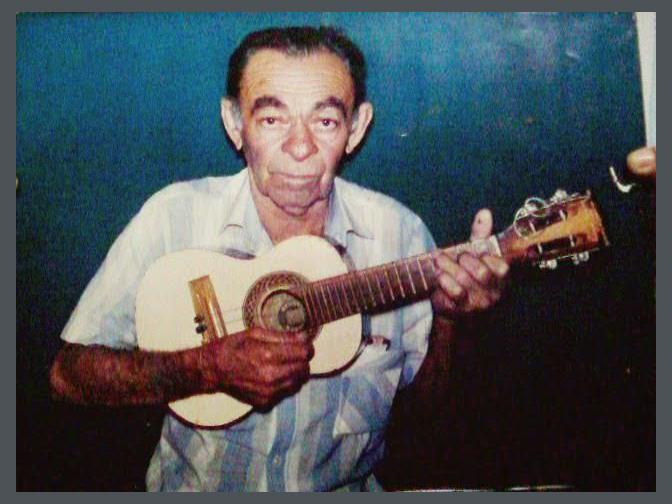 Zé Castor
Zé Castor
Zé Castor: A Musical Legacy with Controversies and Triumphs
Background and Early Years:
Zé Castor was a Brazilian singer-songwriter who gained prominence in the 1970s and 1980s with his distinctive blend of samba, rock, and soul. Born in Rio de Janeiro, his music was heavily influenced by the Afro-Brazilian culture of his hometown.
Breakthrough and Iconic Song:
Zé Castor's breakthrough came in 1974 with the release of the song "Adeus Até Outro Dia." The song's infectious melody and poignant lyrics resonated with audiences, becoming an instant classic and an anthem for lovers and dreamers.
Challenges and Controversies:
Throughout his career, Zé Castor faced numerous challenges and controversies. His outspoken nature and political activism often drew criticism from conservative elements. In 1983, he was imprisoned for drug possession, a charge that many believed was politically motivated.
Discography:
Zé Castor released a prolific body of work during his lifetime. Notable albums include:
* "Zé Castor" (1974)
* "Adeus Até Outro Dia" (1974)
* "Coração do Brasil" (1976)
* "Ao Vivo no Canecão" (1978)
* "O Canto do Guerreiro" (1982)
Members and Collaborations:
Zé Castor's band featured a talented lineup of musicians, including:
* Paulinho da Costa (drums)
* Rubão Sabino (bass)
* Ronaldo Bastos (keyboards)
* Zé Roberto Bertrami (guitar)
He also collaborated with renowned artists such as Gilberto Gil, Caetano Veloso, and Elza Soares.
Legacy and Impact:
Zé Castor's music continues to be celebrated and cherished by Brazilian and international audiences. His songs have become anthems of love, social justice, and cultural identity. Despite his untimely death in 2003 at the age of 61, his legacy as a musical icon endures.
Background and Early Years:
Zé Castor was a Brazilian singer-songwriter who gained prominence in the 1970s and 1980s with his distinctive blend of samba, rock, and soul. Born in Rio de Janeiro, his music was heavily influenced by the Afro-Brazilian culture of his hometown.
Breakthrough and Iconic Song:
Zé Castor's breakthrough came in 1974 with the release of the song "Adeus Até Outro Dia." The song's infectious melody and poignant lyrics resonated with audiences, becoming an instant classic and an anthem for lovers and dreamers.
Challenges and Controversies:
Throughout his career, Zé Castor faced numerous challenges and controversies. His outspoken nature and political activism often drew criticism from conservative elements. In 1983, he was imprisoned for drug possession, a charge that many believed was politically motivated.
Discography:
Zé Castor released a prolific body of work during his lifetime. Notable albums include:
* "Zé Castor" (1974)
* "Adeus Até Outro Dia" (1974)
* "Coração do Brasil" (1976)
* "Ao Vivo no Canecão" (1978)
* "O Canto do Guerreiro" (1982)
Members and Collaborations:
Zé Castor's band featured a talented lineup of musicians, including:
* Paulinho da Costa (drums)
* Rubão Sabino (bass)
* Ronaldo Bastos (keyboards)
* Zé Roberto Bertrami (guitar)
He also collaborated with renowned artists such as Gilberto Gil, Caetano Veloso, and Elza Soares.
Legacy and Impact:
Zé Castor's music continues to be celebrated and cherished by Brazilian and international audiences. His songs have become anthems of love, social justice, and cultural identity. Despite his untimely death in 2003 at the age of 61, his legacy as a musical icon endures.